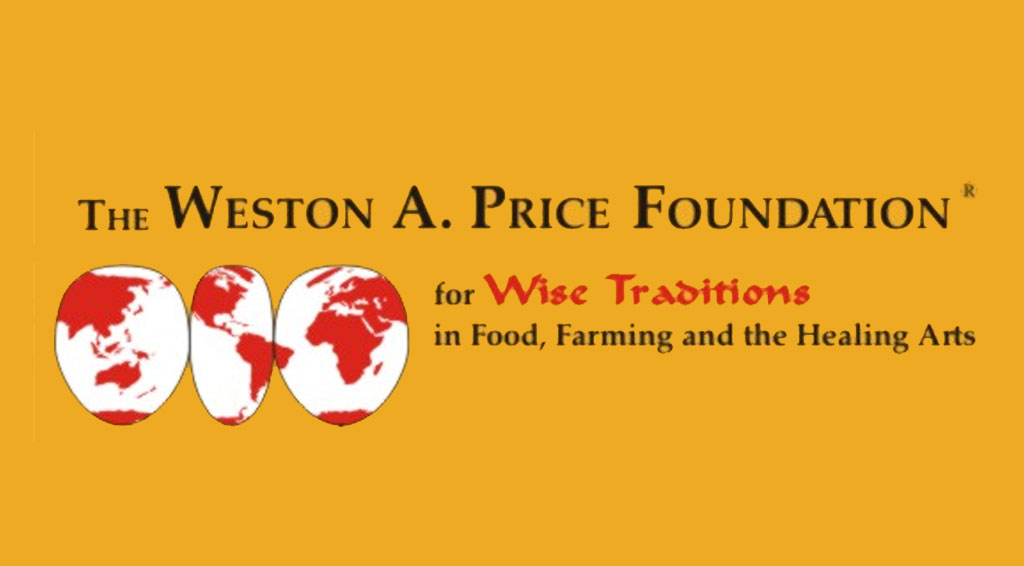
In a recent YouTube video, R-CALF USA CEO Bill Bullard explained the group’s strong support for the 25% tariffs President Trump imposed on imports from Canada and Mexico.
However, the group says that’s just the starting point. Urging the Trump administration to place similar tariffs on beef imports from Australia, New Zealand and South America, R-CALF says it’s also time for tariffs and tariff rate quotas on mutton and lamb meat imported from Australia and New Zealand.
According to Bullard, the theory and practice of free trade, as exemplified by zero tariffs, has all but destroyed the United States commercial sheep industry and is now causing the rapid contraction of the domestic beef supply chain.
This has enabled global importers to leverage down domestic producer prices, resulting in the dismantling of domestic food supply chains and the replacement of domestic production with cheaper imports—driving families and independent producers out of business.
According to the USDA, domestic cattle volumes are the lowest they’ve been in nearly 70 years, with the United States losing independent family farms at a rate of 37-40 thousand per year.
“We’ve lost nearly 150 thousand independent family farms across the United States in the last five years alone,” Beef Initiative CEO Texas Slim said. “Simultaneously, we’ve become an import-dependent nation, subject to the shocks and disruptions of a volatile global supply chain.”
A sentiment shared by Bill Bullard. “The zero tariff regime over the past few decades has forced hundreds of thousands of domestic cattle and sheep operations out of business, has reduced U.S. cattle and sheep inventories by millions of head, and has reduced the number of marketing outlets available to domestic producers.”
Foreign countries also have a sizable pricing advantage over domestic producers due to lower wage rates, lower production standards, relaxed environmental and regulatory standards, and weaker currencies. In addition to creating a marketplace that’s nearly impossible for U.S. producers to compete in, these unfair trading practices have increasingly threatened food security in the United States, as American consumers become completely dependent upon foreign supply chains.
While consumer demand has increased for both beef and lamb, that consumer demand is being funneled and captured by the “Big 4” monopolies who, in turn, imported 37% more beef and lamb in 2024 than the previous five-year average—edging out domestic producers with cheap imports.
Skip the foreign beef at the grocery store! Buy USA Beef Rancher-Direct with The Beef Initiative.
Meanwhile the largest barrier to market access for independent producers is the vast regulatory landscape – allowing just four corporations to corner the packing industry – coupled with a noticeable lapse in anti-trust enforcement.
While access to domestic processing is shutting out independent cattle producers, volume contractions have also been impacted by federal policies, despite historically high prices.
At a time when cattle were bringing in top dollar, the Biden administration pulled grazing contracts on federally managed lands, capped wells during droughts, and reallocated tax dollars for failing water infrastructure to create a Voluntary Carbon Market—all of which has resulted in a rapid decline of domestic cattle volumes.
Still, the sheep industry serves as a harbinger of things to come for the cattle industry, without regulatory reforms and fair trade agreements in place.
Domestic lamb packing plants are struggling to even remain open without enough domestic volumes available to keep their packing plants running at economical levels. According to R-CALF and the Beef Initiative alike, Trump’s tariffs are the first step to ensuring American producers even have a fighting chance of pulling out of this cycle.
“It’s time to stop pretending that our domestic meat supply will magically return while global importers are allowed to satisfy increased consumer demand with cheap, unregulated imports,” Slim said.
“America needs more cattle and sheep farmers and ranchers and more cattle and sheep. Tariffs and tariff rate quotas are the economic tool that will incentivize domestic market forces to make this happen.” Bullard said.
“We appreciate the new tariffs that President Trump has enacted and we’re hopeful this is just a start. We’re asking the president to implement additional tariffs and tariff rate quotas on imports of beef, mutton and lamb from around the world, including from Australia, New Zealand, and South America,” Bullard concluded.
“While we’re pushing hard for policy changes from the Trump administration to not only re-open access to grazing, fix failing water infrastructure by cutting out waste, fraud and abuse, we’re also very grateful to see this administration’s momentous first step towards fighting for the independent American rancher, rather than against us,” Slim concluded.





0 Comments